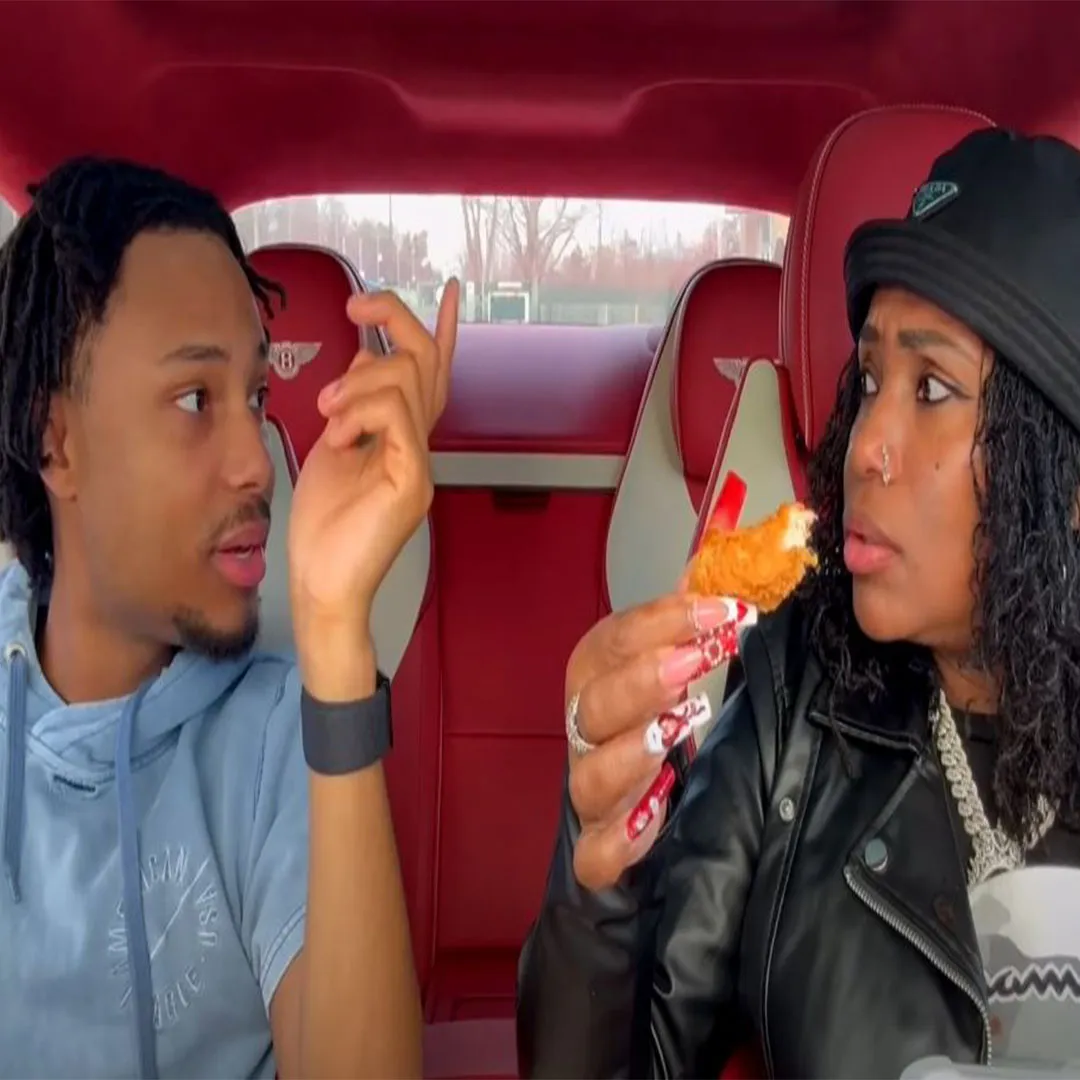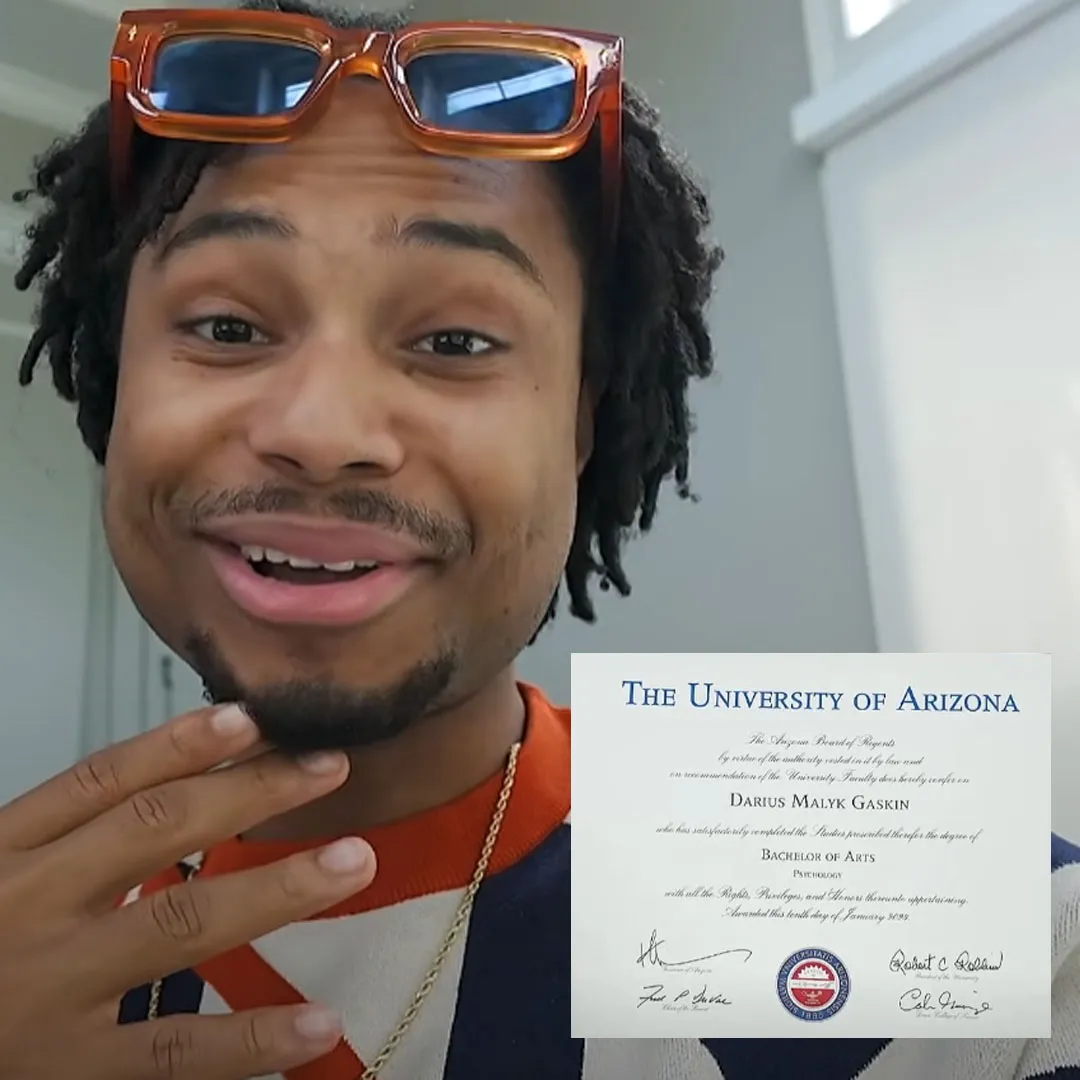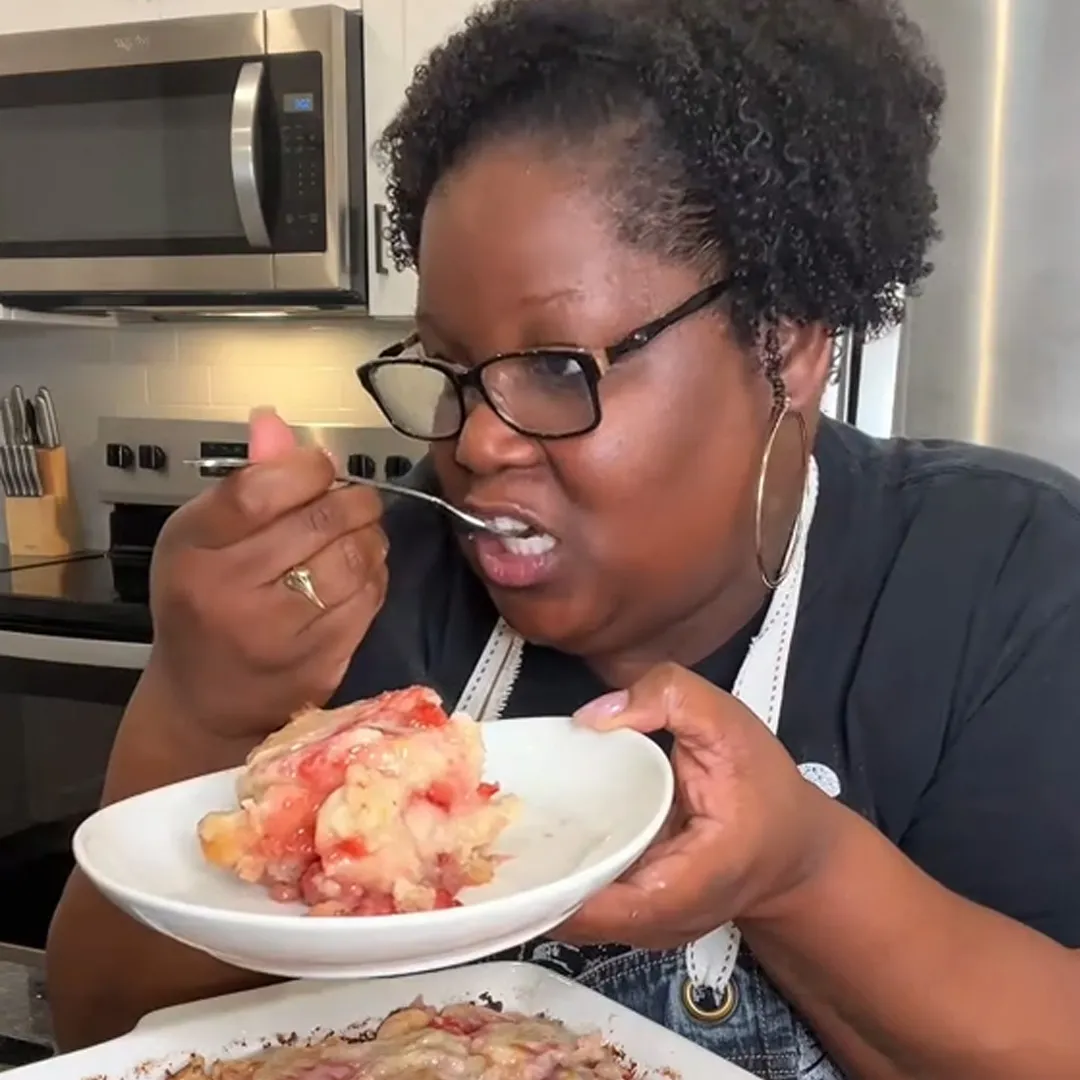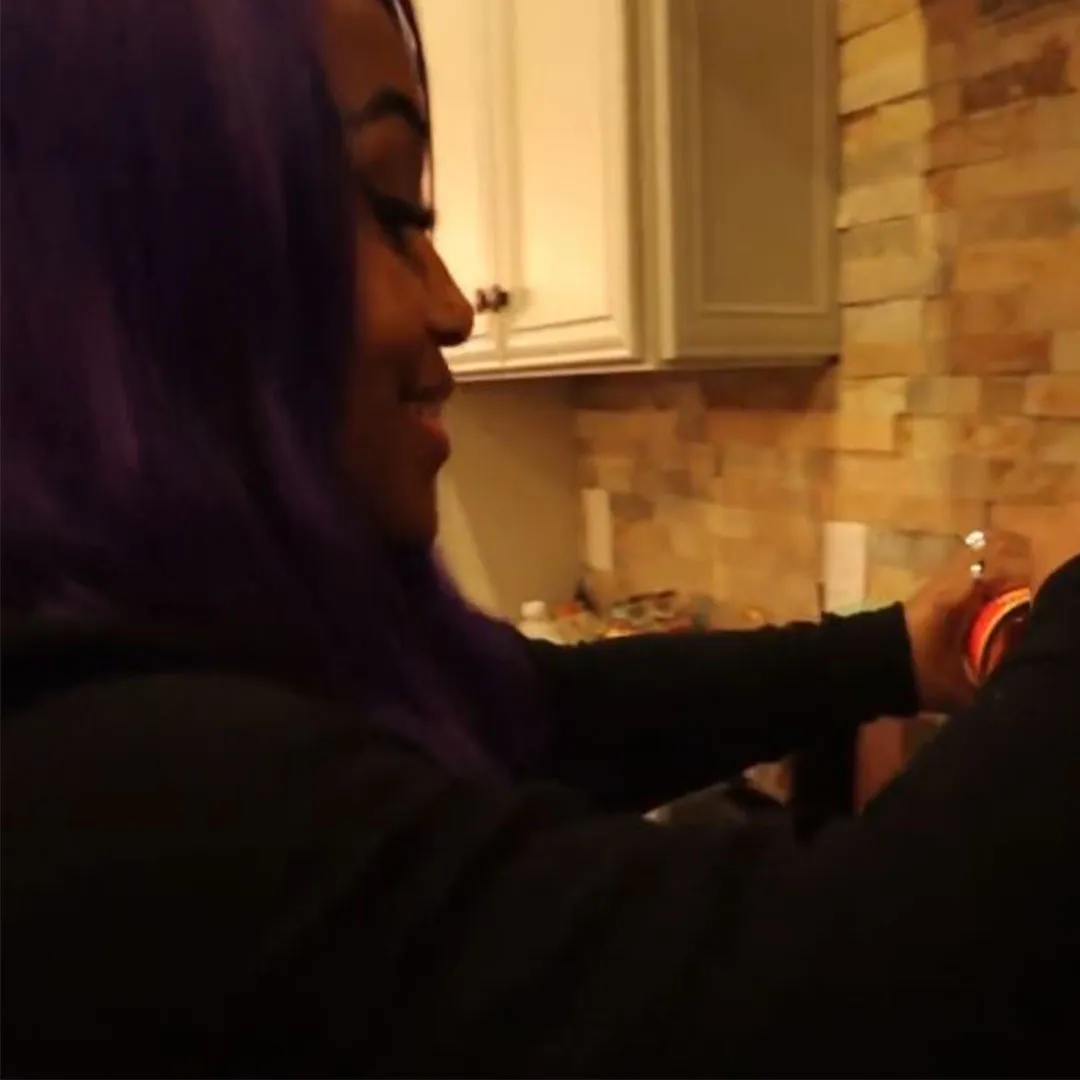Hey everyone, Today, I want to dive into a serious issue that’s been spreading across social media like wildfire—digital blackface and identity fraud. This topic really hit home after a conversation I had with my friend Darius. We were unpacking just how common it is for people to manipulate racial identities online, and honestly, it’s eye-opening and disturbing at the same time.
Let me share something that recently caught my attention. I came across a comment on one of my videos from a woman who didn’t hold back. She said, “I’m Black, and listen—if I visit your page and don’t see a video of you, then you’re not really Black. Sorry, but in 2025, this kind of digital blackface has become way too widespread. I don’t want to hear it anymore. If I can’t see you visibly showing your Black identity on your page, then you’re just pretending.”
She went on to say, “Stop popping into comment sections saying, ‘I’m Black and I...’ Nothing! Because you could literally be anyone—Joe, Jane, whoever!”
And she’s absolutely right. This kind of deception isn’t just a one-off; it happens all the time. You wouldn’t believe how many times people on platforms like Twitter have been caught pretending to be Black women who have eight kids and love Trump—only to be revealed as completely fake profiles run by white men. It’s wild.
One particularly striking case involved a white man who used this fake identity to push some really conservative, and even racist, opinions. He would comment on people’s posts with phrases like, “I’m Black and I...” to try to give weight and credibility to his views. But eventually, he slipped up—accidentally logged into a different account or left digital breadcrumbs—and the truth came out. The exposure was humiliating, and he had to publicly apologize for catfishing as a Black woman.

Why do people do this? It’s often about manipulation. They want others to believe, “Oh, if a Black person agrees with me, then my views must be legit.” Or they use personal relationships to excuse problematic behavior—like saying, “I’m married to a white person, so I can’t be racist,” or “I’m married to a Black person, so I have the right to say whatever I want.” Honestly, I feel sorry for those Black children growing up with parents who push harmful, divisive rhetoric online.
What’s even more troubling is how some people justify their racism by leaning on their connections to Blackness. They say things like, “My husband’s Black, so I get to say these things.” It’s as if these relationships are shields that protect them from accountability, letting them spread damaging ideas without consequence.
That’s why visual identity verification is crucial now more than ever. In 2025, you can’t simply take someone’s word for it when they claim a racial or cultural identity online. There’s just too much at stake—and far too many people willing to lie to push harmful agendas or manipulate communities.
order:
- 7.5 Quart Cast Iron Dutch Oven: https://amzn.to/4dcUqms
- Lodge Pre-seasoned Cast Iron Skillet: https://amzn.to/3TyyMSA
- Bamboo Seasonings Box with Mini Spoon: https://amzn.to/4dfHzA6
So here’s the bottom line: if you’re claiming to be part of a community online, especially if you’re speaking on behalf of that community, you better be ready to back it up. This isn’t about policing people’s identities or making anyone feel excluded—it’s about protecting genuine voices and preventing frauds from drowning out real experiences.
Have you ever come across someone online pretending to be something they’re not? The digital world can be wild and unpredictable, but at the end of the day, authenticity matters. Let’s keep it real and make sure the voices that deserve to be heard are the ones we listen to.




